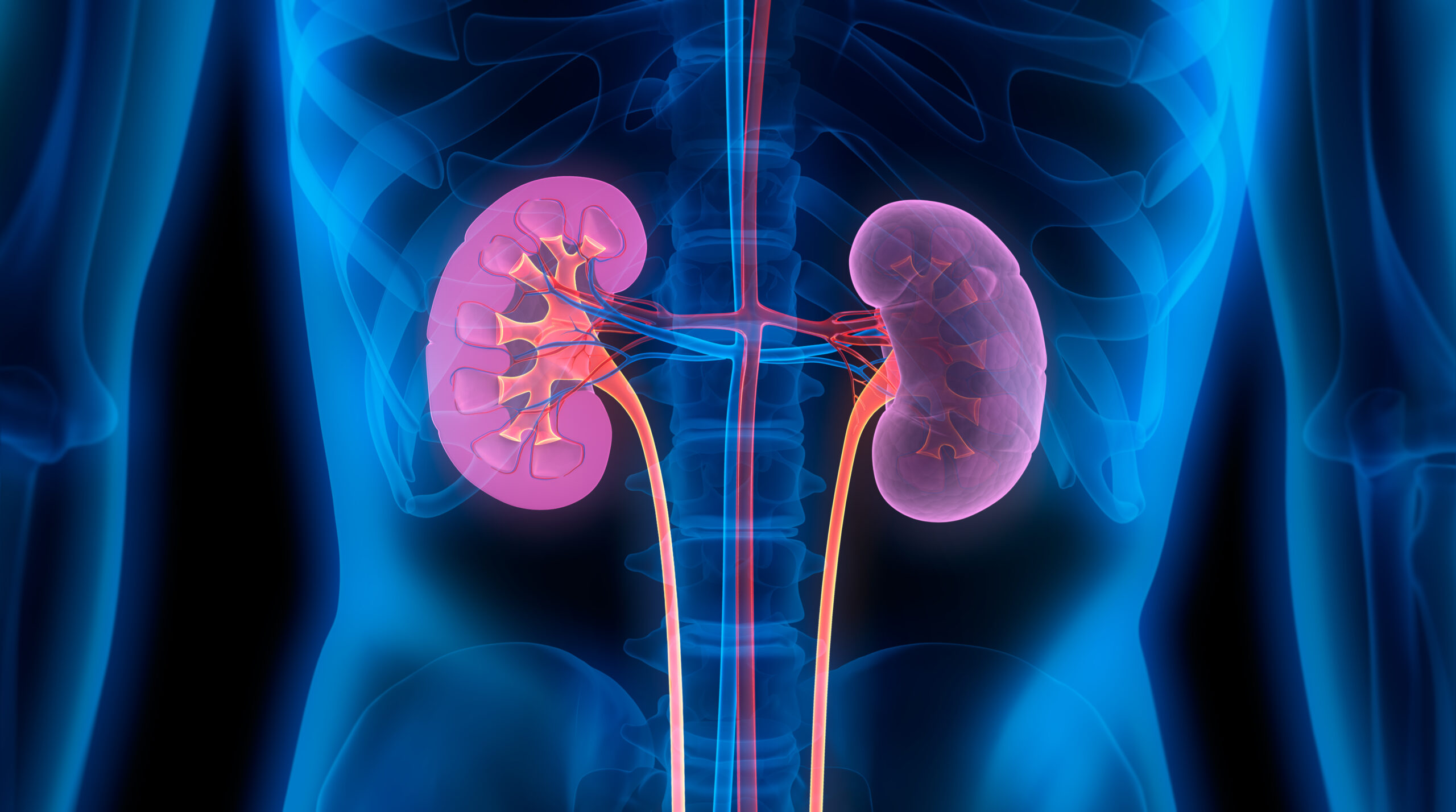
Kidney failure is a condition that occurs when the kidneys lose their ability to function effectively. Kidney failure can be caused by two distinct illnesses: acute kidney injury (AKI) and chronic kidney disease (CKD). For medical professionals, it is important to know whether the kidney failure was caused by AKI or CKD. The reason for this is because the treatment methods and prognoses will be different for each diagnosis. AKI is typically caused by a sudden event that leads to kidney malfunction, and it is often reversible. On the other hand, CKD is caused by a long-term disease, and it is the result of slower damage over time. If you or a loved one is experiencing reduced kidney function, knowing the differences of AKI vs CKD can clarify what to expect in the future.
What is Acute Kidney Injury?
Acute kidney injury is a sudden episode of kidney failure or damage. The injury happens within a few hours or days of the traumatic event, causing a buildup of toxins in the blood. The injury also makes it difficult for the kidneys to properly balance the fluids in your body. AKI may affect other organs in addition to the kidneys, including the brain, heart, and lungs. AKI is common in the elderly and in patients in intensive care or other hospital units.
The causes of AKI can be varied, and the cause of the condition can often indicate the type of treatment that a patient needs to recover. Slower blood flow to the kidneys, which is often caused by low blood pressure, severe bleeding, or heart attack, is a common factor in AKI. Serious allergies or the overuse of pain medications may also contribute to changes in blood flow and adversely impact kidney function. Some diseases and conditions, such as sepsis, cancer, and blockage of the urinary tract, can cause direct injury to the kidneys as well.
Symptoms of AKI differ based on the cause of the injury. These can include low urine production, swelling in the legs and around the eyes, shortness of breath, chest pain, and nausea. In severe cases, seizures and coma may occur. While any combination of these symptoms can indicate AKI, the condition is sometimes not discovered until a healthcare provider conducts other tests that reveal reduced kidney function. Treatment for AKI typically aims to keep the right amounts of vitamins, minerals, and fluids in the blood giving the kidneys the time and materials they need to recover effectively.
What Is Chronic Kidney Disease?
Chronic kidney disease (CKD) is a slower, more gradual illness that prevents the kidneys from functioning properly, leading to a buildup of waste in the body. This buildup, in turn, can lead to a variety of unpleasant symptoms. In addition to these symptoms, CKD often causes additional complications, including high blood pressure, anemia, and nerve damage. There are several stages of CKD, and early detection combined with proper diet and medication may prevent it from worsening.
There are several causes of CKD. Diabetes and high blood pressure are two of the primary causes of CKD, making it important to monitor your blood sugar and blood pressure if you have a history of these disorders. Repeated urinary tract infections, obstructions caused by kidney stones, and tumors may also affect the kidneys’ ability to function. Also, glomerulonephritis, which is a group of diseases that cause inflammation and damage in the kidneys’ filtering units, may also adversely affect the kidneys. Because CKD occurs over an extended period, early diagnosis and treatment of these conditions can help the patient avoid CKD.
Most patients with CKD do not realize their kidneys are in distress until they enter stage three of the five total stages, marking advanced CKD. At this point, symptoms can include fatigue and trouble concentrating, poor appetite, trouble sleeping (particularly due to muscle cramping), swollen feet and ankles, puffy eyes, dry skin, and frequent urination, especially at night. Treatment for advanced CKD often requires a kidney transplant or dialysis for survival.
Securing Long-Term Care for AKI vs CKD
While both conditions can be managed if detected early, many patients with AKI or CKD may find it necessary to plan for hospice care. Traditions Health provides comprehensive, integrated care to patients and their families through a team of trained doctors, nurses, therapists, and chaplains. Care is provided within the comfort of your loved one’s own home, allowing them to retain a high quality of life. Hospice care also provides important resources for family caregivers, including respite care, mental health and spiritual counseling, and access to knowledgeable medical professionals.
